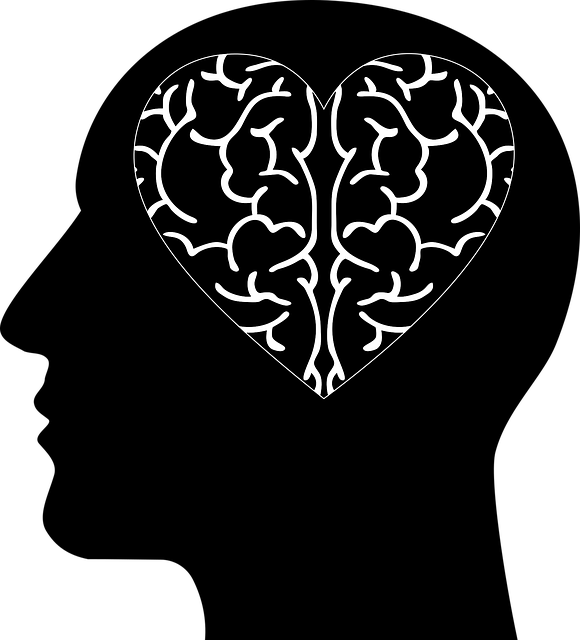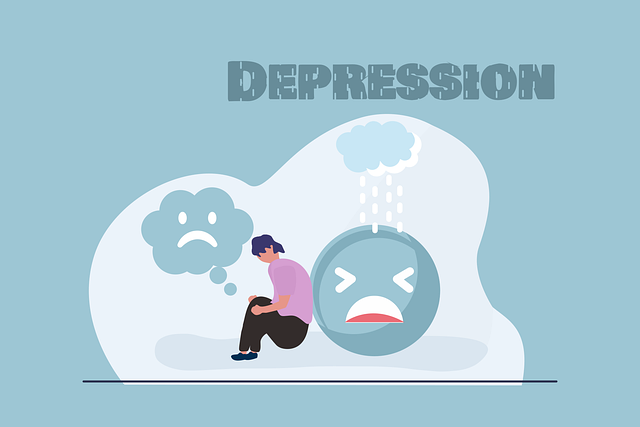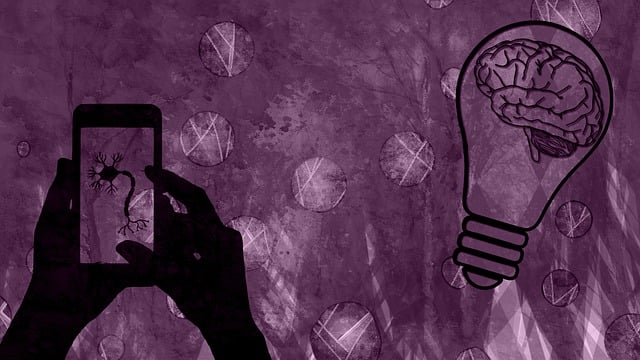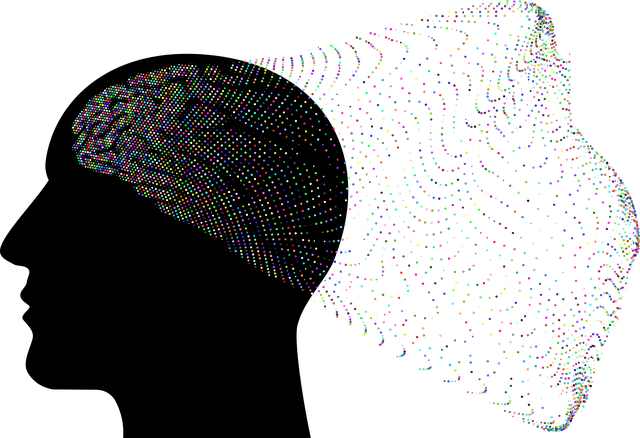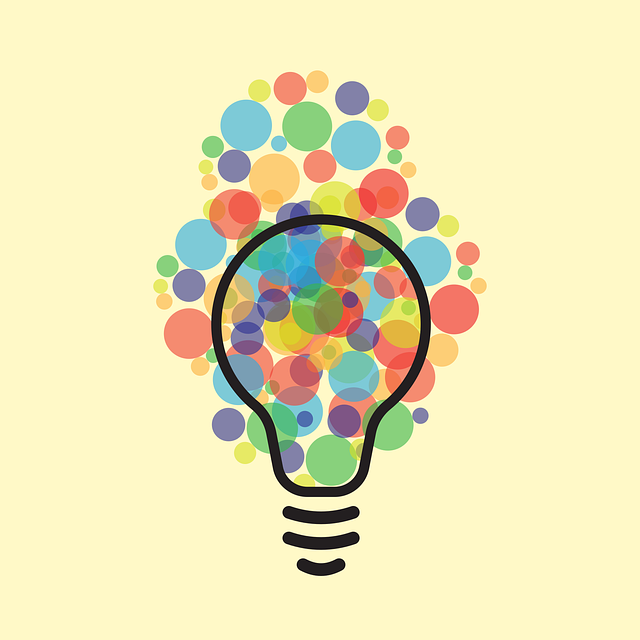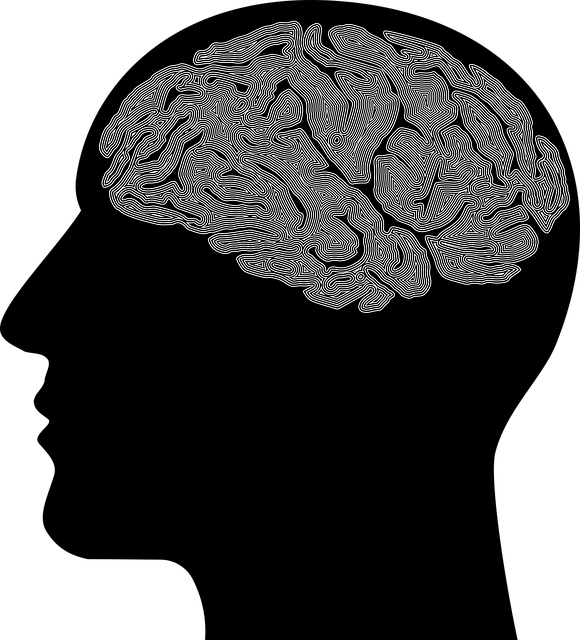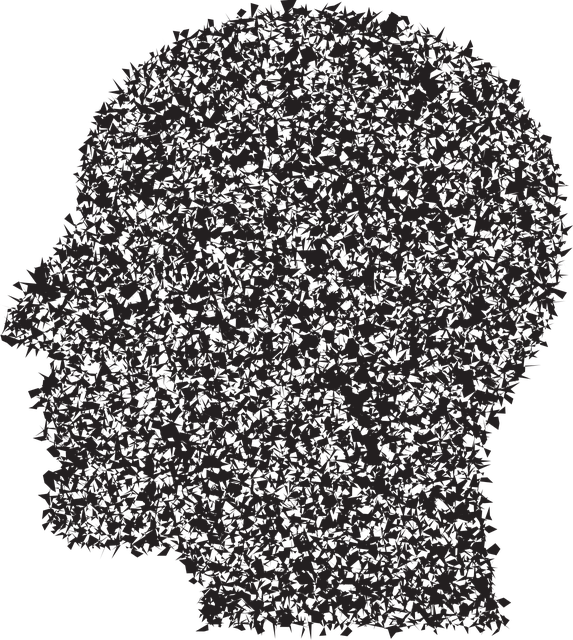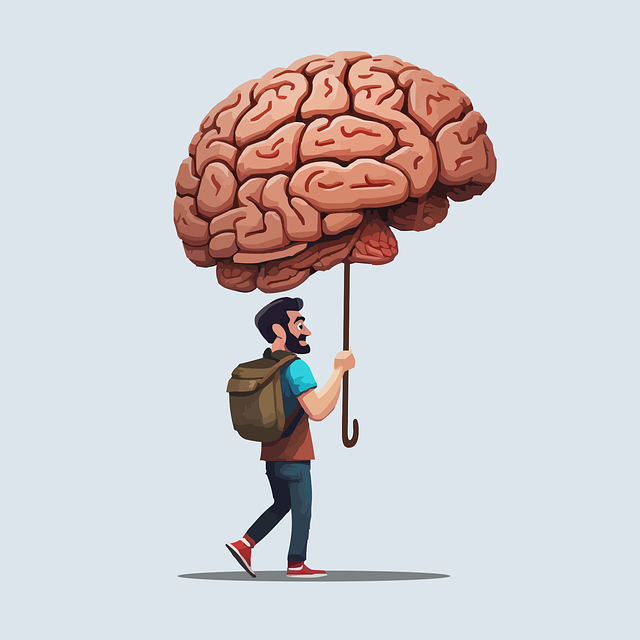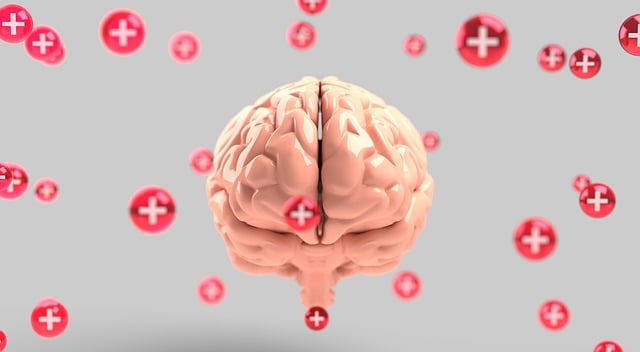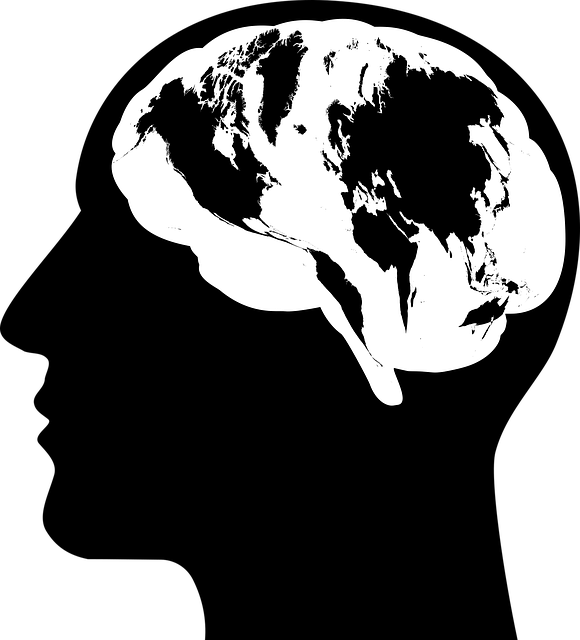Cultural competency in healthcare is crucial, especially for elderly patients from diverse backgrounds. Somatic Experiencing (SE), a therapeutic approach focusing on trauma release and mind-body connections, enhances this competency by helping providers interpret non-verbal cues and understand cultural nuances. SE training improves risk assessment, communication, and coping skill development, leading to more sensitive and effective care for elders, particularly those with traumatic histories often overlooked in traditional medical education. This holistic method prevents burnout and ensures accessible mental health services tailored to diverse cultural needs.
“In today’s diverse healthcare landscape, cultural competency is paramount, especially when caring for elderly patients. This article explores essential training strategies for healthcare providers, focusing on enhancing cross-cultural sensitivity. We delve into Somatic Experiencing, a therapy approach that empowers professionals to navigate complex cultural interactions effectively. By understanding the unique needs of the elderly and adopting innovative techniques like Somatic Experiencing, healthcare providers can significantly improve patient outcomes and foster more compassionate care.”
- Understanding Cultural Competency in Healthcare for Elderly Patients
- Somatic Experiencing: A Therapy Approach for Cross-Cultural Sensitivity
- Implementing Training Programs: Effective Strategies for Healthcare Providers
Understanding Cultural Competency in Healthcare for Elderly Patients

Cultural competency is an essential aspect of healthcare, especially when caring for elderly patients. Understanding and appreciating the cultural nuances of this demographic can significantly improve their overall well-being and treatment outcomes. The elderly population often brings a wealth of diverse experiences and beliefs to the healthcare setting, which can influence their perceptions of health, illness, and healing. Healthcare providers must be trained to recognize and respect these cultural factors to offer tailored care.
Somatic experiencing, a therapeutic approach gaining traction in this field, focuses on releasing traumatic memories and physical sensations associated with past events. By incorporating techniques that enhance inner strength development and confidence boosting, healthcare professionals can create a safe space for elderly patients to process their unique cultural histories. This holistic approach not only complements traditional medical care but also fosters trust and encourages open communication, ensuring that the patient’s journey towards healing is as comfortable and meaningful as possible.
Somatic Experiencing: A Therapy Approach for Cross-Cultural Sensitivity

Somatic Experiencing (SE) is a therapy approach that offers valuable insights into cross-cultural sensitivity, especially in healthcare settings. This method focuses on helping individuals process and release stored trauma, which can significantly impact cultural competency. By understanding the physical sensations and responses associated with traumatic memories, mental health professionals can better serve diverse populations, including elders from various cultural backgrounds.
SE promotes the idea that trauma is held in the body, manifesting as physiological reactions when triggered. This unique perspective allows healthcare providers to explore cultural nuances through non-verbal cues, such as gestures, breathing patterns, and facial expressions. By incorporating SE techniques into their training, mental health professionals can enhance their risk assessment skills, improve communication strategies, and facilitate coping skills development in a culturally sensitive manner.
Implementing Training Programs: Effective Strategies for Healthcare Providers

Implementing effective training programs is a pivotal step in enhancing healthcare provider cultural competency, especially when catering to diverse patient populations. One evidence-based approach gaining traction is incorporating Somatic Experiencing (SE) techniques into the curriculum. SE therapy for elders has shown remarkable results in treating trauma and promoting healing, often overlooked aspects within traditional medical education. By teaching providers about the mind-body connection and stress reduction methods, they become better equipped to offer holistic care.
This strategy not only improves patient outcomes but also fosters a self-care routine development among healthcare workers, preventing burnout. The integration of SE into training programs allows professionals to understand the cultural nuances surrounding trauma, enabling them to provide more sensitive and effective therapy for elders from various backgrounds. This approach ensures that mental health services are accessible and tailored to the unique needs of every patient.
Healthcare provider cultural competency training, especially through innovative approaches like Somatic Experiencing, is a vital game-changer in enhancing care for elderly patients. By integrating cross-cultural sensitivity, healthcare professionals can navigate the complex tapestry of diverse patient needs, fostering more effective and compassionate therapy for elders. Implementing comprehensive training programs ensures that providers are equipped to offer personalized, quality care, ultimately revolutionizing elder healthcare.
